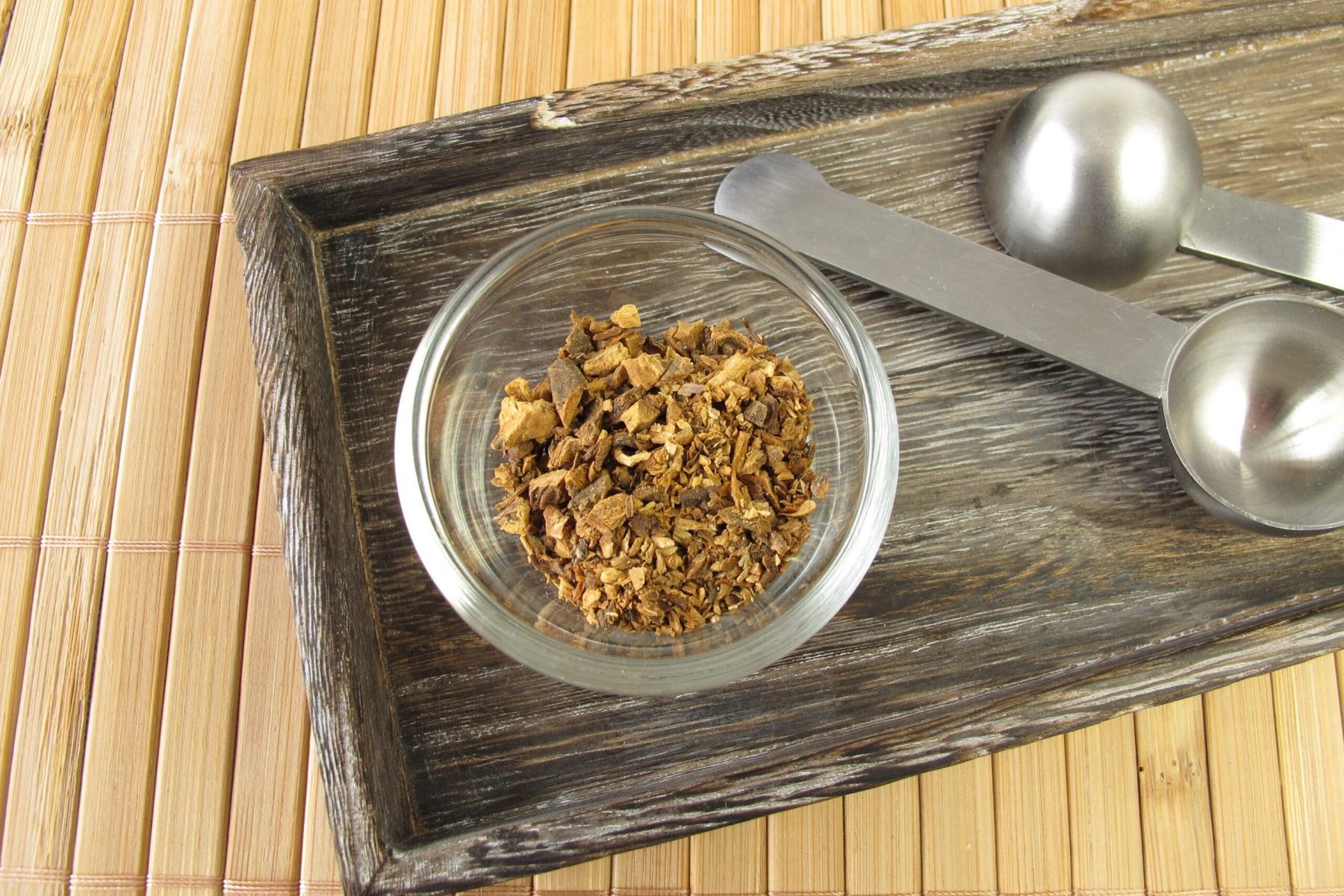In today’s fast-paced world, prioritizing health and wellness has become increasingly important. Natural superfoods and herbs offer a wealth of nutrients and health benefits, making them essential components of a balanced diet. From seeds and natural flours to herbal teas and cold-pressed oils, this guide will provide a comprehensive overview of these nutritional powerhouses and how they can contribute to your overall well-being.
Table of Contents
- Understanding Natural Superfoods and Herbs
- Popular Natural Superfoods
- Exploring Herbal Products
- Incorporating Natural Superfoods and Herbs into Your Diet
- FAQ
Understanding Natural Superfoods and Herbs
Defining Superfoods
Superfoods are nutrient-dense foods that are particularly rich in vitamins, minerals, antioxidants, and other beneficial compounds. These foods are believed to offer numerous health benefits, ranging from boosting immunity and supporting heart health to promoting radiant skin and improving digestion. Incorporating superfoods into your diet can help nourish your body and optimize your health.
Exploring the Benefits of Herbs
Herbs have been used for centuries for their medicinal properties and culinary uses. From teas and tinctures to essential oils and culinary herbs, these plant-based remedies offer a wide range of health benefits. Herbs contain various bioactive compounds that can support specific health goals, such as reducing inflammation, promoting relaxation, and enhancing cognitive function. For instance, turmeric contains curcumin, known for its anti-inflammatory and antioxidant properties. Lavender and chamomile are renowned for their calming effects, making them ideal for stress relief and improved sleep. Ginkgo biloba can enhance cognitive function and memory. Incorporating herbs into your daily routine can provide natural support for overall well-being.
Popular Natural Superfoods
Seeds
Seeds such as chia seeds, flaxseeds, and hemp seeds are nutritional powerhouses rich in healthy fats, protein, fiber, and antioxidants. These tiny yet mighty seeds can be easily incorporated into your diet by sprinkling them on yogurt or oatmeal, adding them to smoothies, or using them as a topping for salads and soups.
Natural Flours
Natural flours such as almond flour, coconut flour, and quinoa flour are gluten-free alternatives to traditional wheat flour. These nutrient-rich flours offer a nutty flavor and are packed with protein, fiber, and essential nutrients. They can be used in baking to create delicious and nutritious treats such as pancakes, muffins, and cookies.
Dried Fruits
Dried fruits such as raisins, apricots, and cranberries are concentrated sources of nutrients and antioxidants. They offer a natural sweetness and can be enjoyed on their own as a convenient and portable snack, or used as a topping for yogurt, cereal, or oatmeal. Rich in vitamins, minerals, and fiber, dried fruits can support digestive health and provide a quick energy boost. They also add texture and flavor to baked goods like cookies, cakes, and bread, and can be incorporated into savory dishes like salads and pilafs to enhance their taste with a touch of natural sweetness.

Exploring Herbal Products
Herbal Teas
Herbal teas are beverages made by steeping herbs, flowers, roots, or spices in hot water. They come in a wide variety of flavors and offer numerous health benefits, from promoting relaxation and aiding digestion to boosting immunity and supporting detoxification. Herbal teas can be enjoyed hot or cold and are a soothing and comforting addition to any wellness routine.
Roots and Rhizomes
Roots such as ginger, turmeric, and ginseng have been used for centuries in traditional medicine for their medicinal properties. These potent herbs contain bioactive compounds that can help reduce inflammation, improve digestion, and boost energy levels. Ginger is known for its anti-inflammatory and digestive benefits, often used to alleviate nausea and aid in digestion. Turmeric, rich in curcumin, is celebrated for its powerful anti-inflammatory and antioxidant properties, which can help manage chronic conditions and support overall health. Ginseng is renowned for its energy-boosting and immune-enhancing effects. These roots can be consumed fresh, dried, or as supplements, and are often used in cooking or brewed into teas or tonics for their therapeutic benefits.
Cold-Pressed Oils
Cold-pressed oils such as olive oil, coconut oil, and flaxseed oil are extracted from nuts, seeds, or fruits using a mechanical press method that retains the nutrients and flavor of the source ingredients. These healthy fats are rich in monounsaturated and polyunsaturated fats, antioxidants, and phytonutrients, making them excellent choices for cooking, salad dressings, and skincare.
Incorporating Natural Superfoods and Herbs into Your Diet
Tips for Usage
- Start gradually: Incorporate natural superfoods and herbs into your diet gradually to allow your body to adjust to the new additions.
- Diversify your options: Experiment with a variety of superfoods, herbs, and herbal products to enjoy a broad spectrum of nutrients and flavors.
- Be mindful of portion sizes: While superfoods and herbs offer numerous health benefits, moderation is key. Enjoy them as part of a balanced diet rather than relying on them excessively.
- Read labels carefully: When purchasing natural products, such as seeds, flours, or teas, read the labels carefully to ensure they are of high quality and free from additives or preservatives.
Recipes and Ideas
- Chia Seed Pudding: Combine chia seeds, coconut milk, and a touch of honey in a jar. Let it sit overnight in the refrigerator, then top with fresh berries and shredded coconut for a nutritious breakfast or snack.
- Turmeric Golden Milk: Heat coconut milk with turmeric, ginger, cinnamon, and a dash of black pepper in a saucepan. Sweeten with honey or maple syrup and enjoy a comforting and anti-inflammatory beverage.
- Herbal Infused Oil: Combine olive oil with fresh rosemary, garlic, and chili flakes in a glass jar. Let it infuse for a week in a cool, dark place, then strain and use as a flavorful drizzle for salads, roasted vegetables, or grilled meats.
FAQ:
1. Can I use herbal products as a substitute for medication?
While herbs and herbal products offer numerous health benefits. They should not be used as a substitute for prescribed medication without consulting a healthcare professional. Some herbs may interact with certain medications or have contraindications for specific health conditions. Always seek guidance from a qualified healthcare provider before incorporating herbal products into your wellness routine. Especially if you have underlying health concerns or are taking medication.
2. Are herbal teas safe for children and pregnant women?
While many herbal teas are safe for consumption, it’s essential to exercise caution when giving them to children or pregnant women. Some herbs may have mild laxative effects or contain compounds that could potentially affect fetal development. Certain herbs, such as chamomile and peppermint, are generally considered safe during pregnancy, while others, such as licorice and rhubarb root, should be avoided. Always consult with a healthcare professional before giving herbal teas to children or pregnant women to ensure their safety and well-being.
3. Are there any side effects associated with consuming superfoods and herbs?
While superfoods and herbs are generally safe for consumption, some individuals may experience allergic reactions or gastrointestinal discomfort when consuming certain ingredients. Additionally, some herbs may have mild side effects or interactions with medications. It’s essential to start gradually when incorporating new natural products into your diet and monitor your body’s response. If you experience any adverse reactions or discomfort, discontinue use and consult with a healthcare professional.
4. How can I ensure the quality of the natural products I purchase?
To ensure the quality of natural products, such as seeds, flours, and herbal teas. Look for reputable brands that prioritize organic and sustainable sourcing practices. Check for certifications, such as USDA Organic or Fair Trade, which indicate that the products meet specific standards for quality and environmental responsibility. Additionally, read product labels carefully to avoid additives, preservatives, or artificial ingredients. If possible, purchase natural products from local farmers’ markets or specialty stores where you can speak directly with the producers and learn more about their cultivation and production methods.





